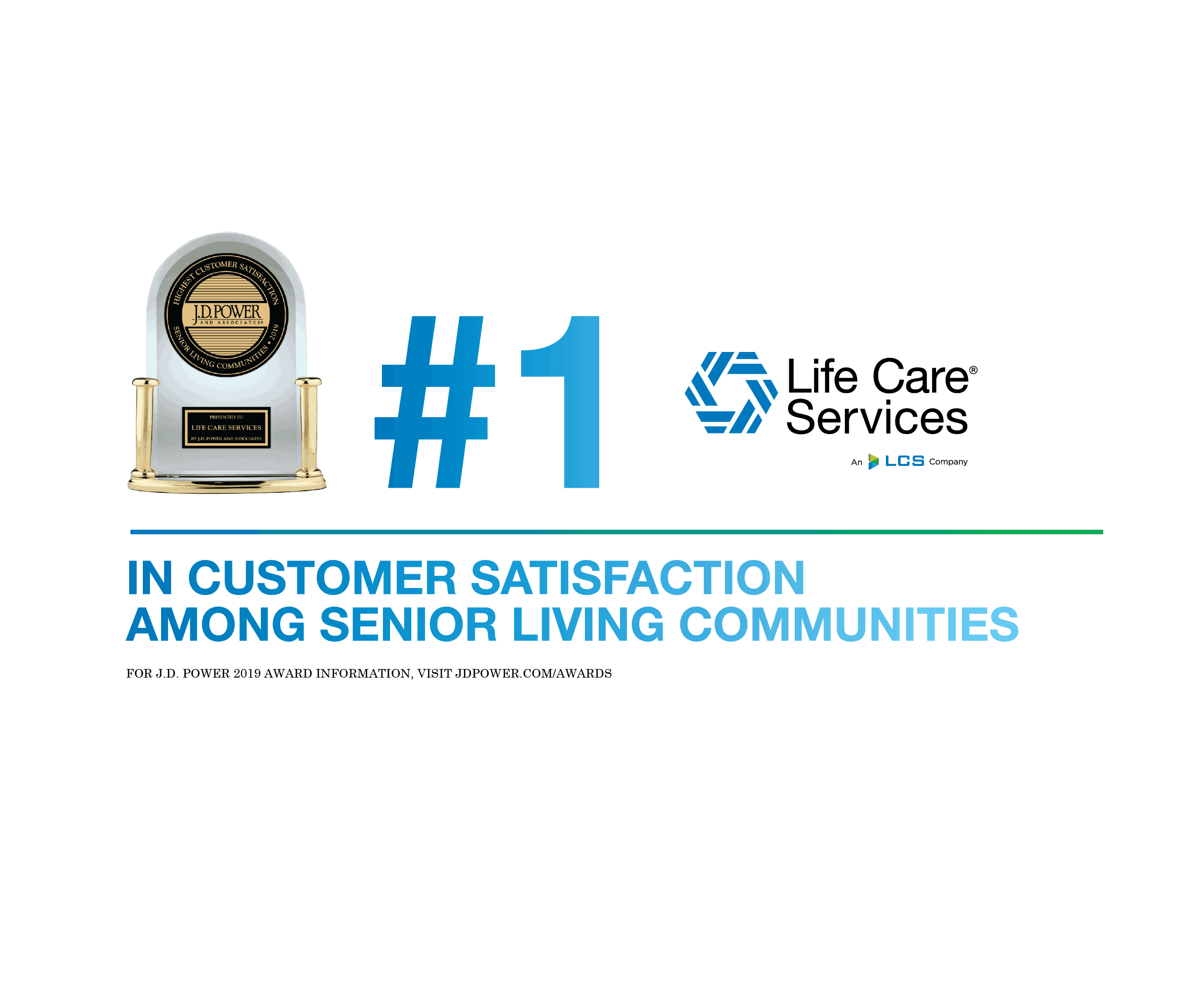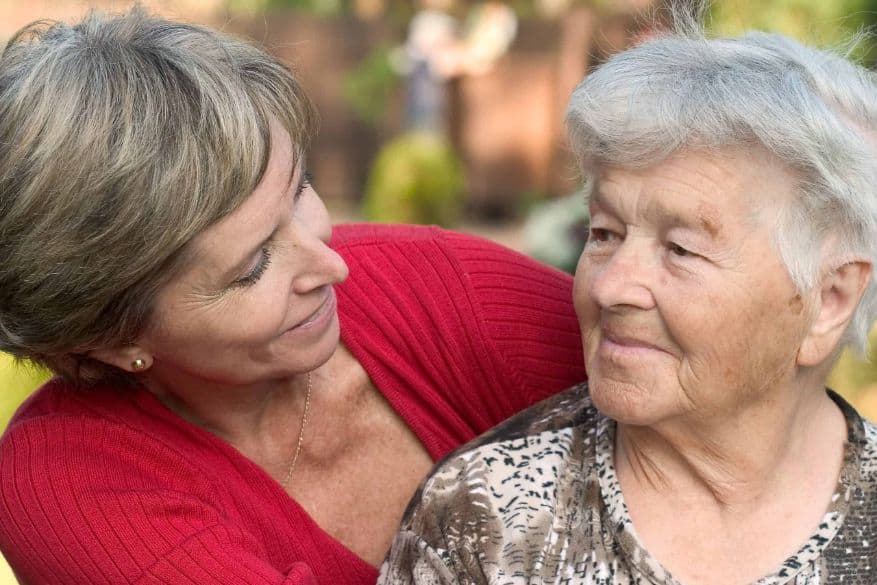Understanding Alzheimer’s Disease and Its Effects

If someone you care about has been diagnosed with Alzheimer’s disease, you’re likely looking for answers. What can you expect as the condition progresses? How will you care for your loved one? Is there help available if you need it? Although you may feel initially overwhelmed by uncertainty, there are resources in your local community and nationwide that can provide the support you — and your loved one — need as you navigate the stages of Alzheimer’s.
What Is Alzheimer’s Disease?
Alzheimer’s disease is the most common form of dementia, a group of conditions that slowly disrupts the communication center of the brain, eventually leading to debilitating mental decline. It affects a person’s memory and ability to think clearly, learn, make judgments, communicate effectively, and perform daily activities. Typical symptoms of Alzheimer’s – and of many other types of dementia – include:
- Forgetfulness that grows progressively worse. People with Alzheimer’s forget newly learned information, recent conversations, appointments. They may repeat themselves frequently and place commonly used items in unexpected places — such as reading glasses in the silverware drawer.
- Difficulty with communication. Reading, writing and language may all be affected as the communication center of the brain is disrupted.
- Confusion. Alzheimer’s can erode a person’s sense of time and place, leading to disorientation and a tendency to wander and get lost in once-familiar settings.
- Personality changes. Someone with Alzheimer’s or any dementia may be prone to mood swings or may have less control over their feelings. Distrust, anxiety, depression, withdrawal, agitation and anger may arise.
How Can You Support Someone with Alzheimer’s?
One of the first steps in helping someone with Alzheimer’s is to make sure they have regular visits with their doctor. There are medications that can help lessen some of the symptoms of dementia, alleviating sleeplessness, wandering, anxiety, agitation and depression. Your loved one’s doctor can also help you decide on a caregiving strategy and find local resources that can help.
As Alzheimer’s progresses, your role as caregiver may require more time and energy as you navigate your loved one’s changing needs. Here are some answers for common questions regarding how to approach caregiving:
- Support small successes. As your loved one’s ability to perform daily tasks is diminished, allow them to continue to make choices and to perform the tasks they can manage. Focusing on their abilities can support their sense of dignity and self-respect.
- Stand firm against stigma. Negative stereotypes about Alzheimer’s can affect your loved one’s self-image, how you see them, and your relationship with friends and family. It can be helpful to educate yourself about common misperceptions of Alzheimer’s disease and to speak honestly with family and friends who may not know how to support you and your loved one.
- Take safety precautions. Poor judgment — a common symptom of Alzheimer’s disease — can affect your loved one’s ability to make safe choices. Evaluate your home for hazards and learn about home safety measures for people living with dementia.
- Promote communication. As language becomes more elusive, your loved one may withdraw or become frustrated. You can help them express themselves by giving them time to respond, using visual cues and focusing on one topic at a time. Learn other communication strategies that can help people with memory loss have more meaningful conversations.
- Remember self-care. Caregiving for someone with dementia can take a toll on your health and well-being. Signs of caregiver stress can include frequent crying, a change in sleeping patterns, decreased energy, and increased irritability and anger. Ask for support from family members so you can take regular breaks to rest and recharge.
Alzheimer’s Care at Signature Pointe
At Signature Pointe, we take a positive approach to memory care for people with Alzheimer’s and other forms of dementia. We focus on what residents can do, on the activities they enjoy, and on creating a warm, comforting environment where each person can live each day with purpose, dignity and satisfaction. Our person-centered approach to memory care is based on Heartfelt CONNECTIONS – A Memory Care Program®, in which each resident’s unique story shapes the care they receive. Contact us to find out more about memory care at Signature Pointe in Dallas, Texas.




